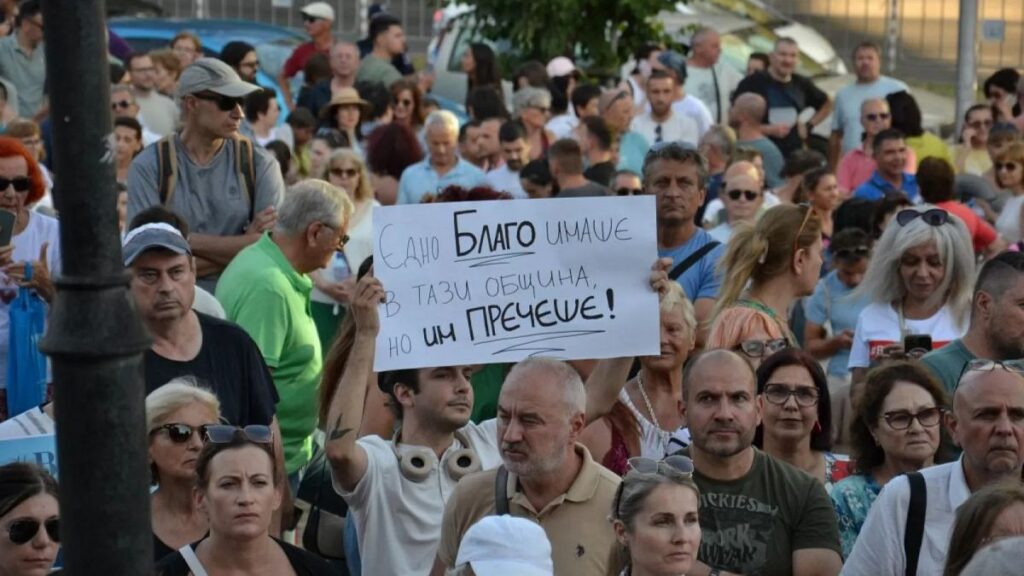By Euronews
Published on
The arrest of Varna’s Mayor Blagomir Kotsev has escalated from a local courtroom drama into a regional diplomatic flashpoint, as protests sweep Bulgaria and extend to Brussels, Germany and the UK.
Kotsev, a prominent figure from the opposition “We Continue the Change – Democratic Bulgaria” party, was detained on 8 July on allegations of embezzling public procurement funds through a catering contract.
He has firmly denied all charges, describing the case as politically motivated. The controversy deepened when a key witness later admitted their testimony had been coerced.
On Thursday, during a hearing in the Sofia appellate court, prosecutors presented 59 pages of additional evidence, which Kotsev’s defence dismissed as irrelevant and part of a smear campaign.
The mayor’s arrest has triggered strong reactions not only from within Bulgaria’s reformist circles but also from European political allies.
Vasil Terziev, the mayor of Sofia, condemned the detention as a targeted act of selective justice. Meanwhile, the Renew Europe group in the European Parliament, of which Kotsev’s party is a member, labelled the arrest “political repression” and a threat to EU democratic norms.
In response, protests have broken out across Bulgaria, with slogans such as “The law is not a weapon.” Supporters of Kotsev have also mobilised abroad, organising demonstrations in Brussels, Berlin and London.
Bulgarian-German relations on the line?
The involvement of the German ambassador at a recent protest has heightened tensions between Sofia and Berlin, prompting an unprecedented reaction from the Bulgarian Foreign Ministry.
Germany’s ambassador to Bulgaria was seen joining one of the protests in Varna, standing in apparent solidarity with Kotsev’s supporters, in an unusual diplomatic action that sparked swift retaliation from Sofia.
The Bulgarian Foreign Ministry issued a formal diplomatic note, criticising what it perceived as direct interference in the country’s internal judicial affairs.
Germany has not yet released an official response, but the ambassador’s presence reflects Berlin’s broader concern over rule-of-law issues within some EU member states.
At a time when Bulgaria is seeking to solidify its position within the eurozone and Schengen area, the brewing crisis puts Sofia under pressure to demonstrate genuine progress on judicial independence and anti-corruption reforms.
Read the full article here
